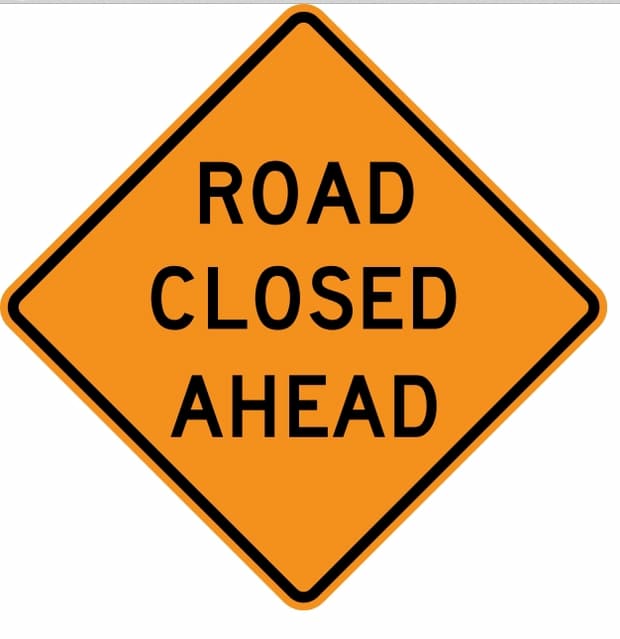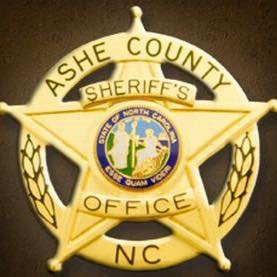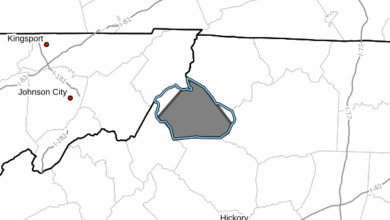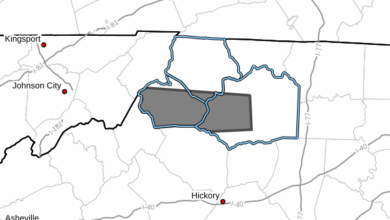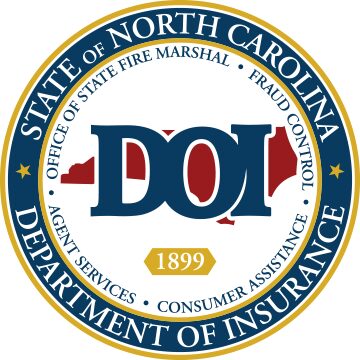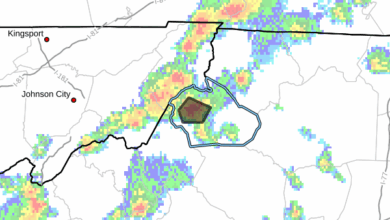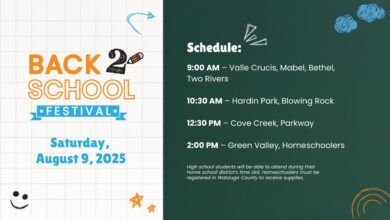Last Updated on August 7, 2017 1:48 pm
By: NCEL – Fun games and prizes added up to another year of record-breaking sales for the N.C. Education Lottery as it raised $622 million for education programs in North Carolina.
As the lottery ended its fiscal year on June 30, preliminary and unaudited results showed lottery ticket sales totaled $2.42 billion, up 1.8 percent from the year before. The lottery has increased its sales in each of its 11 years of operations. From those sales, the lottery earned $622 million for education programs in the state, topping $600 million for the second year in a row. Earnings for education averaged $1.7 million a day.
“The lottery’s performance shows how much Tar Heels like their lottery,” said Alice Garland, executive director of the lottery. “The prizes, averaging $4.2 million a day, make for a lot of fun. The fun fuels the sales and the sales produce the profits that go to a good cause.”
Final transfers of revenues to the state in June brought the lottery’s total contribution since inception to more than $5.2 billion.
During the year, prizes of $1 million or more were won 59 times. The lottery paid out $1.54 billion in prizes. The biggest prizes won included a $10 million instant prize from the Ultimate Million game and two $1,000 a Day for Life top prizes in the new Lucky for Life Game that were worth at least $7.2 million. Many winners put their money right back to work in the economy, by paying bills, buying new houses or cars, taking vacations, saving and investing the money for retirement or college, or donating to good causes they care about.
Retailers across the state earned $169 million in commissions, up 1.8 percent, or $3 million. The commissions play an important role in the state’s retail economy.
Legislators decide how lottery proceeds are best used. Currently, lottery funds cover the costs of non-instructional support staff and provide additional transportation funds to all school systems; help counties build and repair schools; provide scholarships and grants based on financial need to help cover the cost of going to a state university or community college; and help “at-risk” four-year-olds get a better start in school by attending an academic preschool in the N.C. Pre-K Program.







